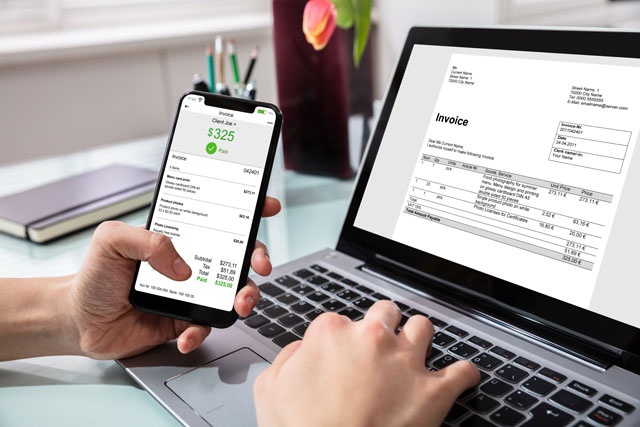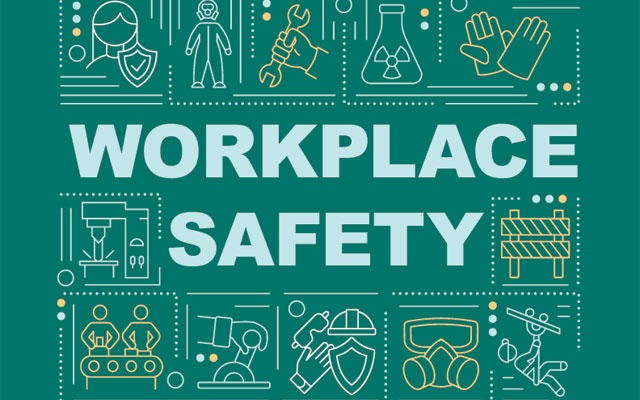The first step you need to take is to register your company with the correct bodies. In order to do this, you will have to decide what the legal structure of your business will be. In most cases, the best way to gain funding for a business with less risk of punitive action should it fail is to set it up as a Limited Liability Company (LLC) or a corporation. Both of these forms of business will usually need to be registered with the state and local governments. If you are operating as a sole proprietor, this will not be the case; but you will be required in most states to operate solely under your own name. Registering with the state in which the business will operate as an LLC or a corporation will offer you the protections under the law that keep you safe from extensive action in the case of the business going bankrupt.
What registering means in terms of credit is really quite simple. It gives a company a separate identity and allows it to establish credit on its own. As banks are generally willing to loan money in greater amounts and on more generous terms to a company than to an individual, there is a clear advantage to registering with your local and state governments at your earliest convenience. What needs to be foremost in your mind in all issues of business is the fact that a separate identity for your business is crucial. While we all like a company with a sympathetic public face, and an individual presence is important for that, the fact is that a brand with a strong identity will get attention and build confidence. Think of it this way: When people are dealing with you in a business setting, you would be well-advised to ensure that they are not thinking you are the business, but that you are at the forefront of the business. It is, in a way, the principle of safety in numbers: There is you, then there is the company.
In gaining this identity, you need not only to be registered with government bodies but with the credit bureaus if you have the intention of really pushing your business. Do not assume that there is no point registering with the other credit bureaus if you are already registered with one. You will find that different lenders refer to different bureaus when they are evaluating your entitlement to credit. Some will refer to more than one, so if you build a credit record with only one of these bureaus, it will affect your business credit entitlement negatively. This is often referred to as a "belt and suspenders" approach. Making sure that you are covered in all eventualities will put you firmly in the driver's seat when it comes to applying for credit to steer your business forward.
A start-up loan is the first credit that most businesses will apply for. As the name suggests, it enables a company to start to operate in the period when it has no past profits to draw on. Generally, from a start-up loan, a business can purchase the goods that it needs in order to operate properly; pay for needed services, such as utility bills, leasing premises, and advertising; and with some left over, it can also potentially pay some staff. Equally, with a commercial property loan or mortgage, the borrower can buy premises; although, especially in the current climate, many business owners choose to rent premises until they have an established presence in the area where they operate. The most important thing is that the business has a place to operate.
If the owner or owners of a business are thinking long term, they may also look to set up credit accounts with a range of suppliers. This policy will cover various things. If the new business is a restaurant, for example, the owners may try to arrange a credit account with a local wholesaler that can supply them with ingredients. A new cleaning company may look for an account with a supplier of industrial cleaning products, while an office-based company will require office supplies, such as stationery and possibly office machines. Many telecommunications companies also have business divisions that will take the fact that the business will be using them for a period as a good enough guarantee of future earnings to extend a line of credit that allows the company to have telephone lines and broadband Internet for a reduced initial rate.
Many business owners also will have a business credit card. One of the biggest mistakes that new business owners make is to get a card in their own name; as we have seen, this has the undesirable outcome of tying the individual's credit record to that of the company. If your business hits troubled times, you may well find yourself in a position where you need personal credit more than ever before. To be in this position and be unable to get any kind of personal credit because your record is tied to that of a business that is not meeting its payments means that you are being punished on two fronts and are unable to get the leeway that you need when you need it most.
|
One other element of business credit that may come in extremely handy is an overdraft. Although the word "overdraft" is greeted with stony-faced horror by many, it is something that can be the salvation of many a company as long as it is treated as the emergency fallback that it is intended to be.
|
By agreeing to an overdraft, such charges are avoided. An overdraft facility is beneficial on a business account because it allows the customer to operate flexibly without incurring penalties. However, the most important thing to remember is that in a torrid financial climate, or if banks believe the overdraft agreement is being abused, then the institutions are within their rights to end the agreement and "call it in." This has the effect of leaving the customer unable to operate the account until funding it with a deposit that brings it back into credit. In addition, depending on the conduct of the account, it may well be difficult to get a bank to approve another overdraft agreement even after the account is corrected.
Finally, further loans can be taken out to allow a business to invest in something that will bring the company to a new level. Some businesses find that they outgrow their initial aims and their services are coveted in other cities or countries, or just by a far greater number of people, thus requiring more staff, more supplies, a larger office or premises, or any combination of the above. To allow this expansion, companies may take out a loan to secure what they need with the proviso that they will be able to pay it back with continued expansion of their customer base.


































